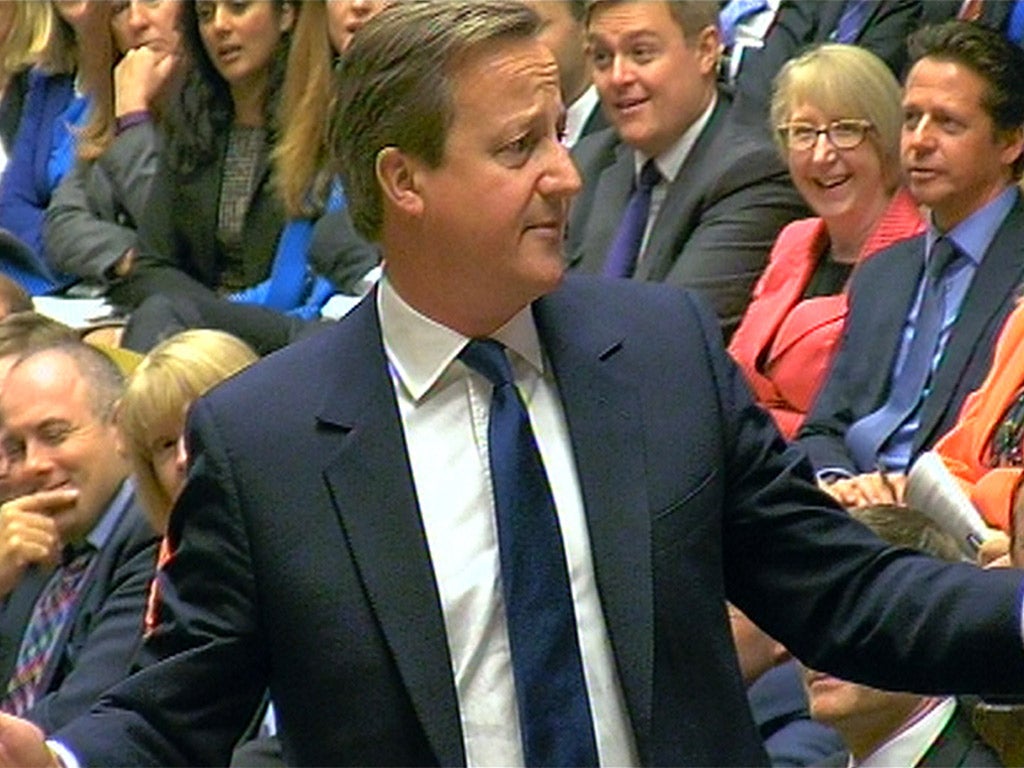British Conservative Leaders, edited by Charles Clarke, Toby James, Tim Bale and Patrick Diamond; book review

This is the most delightful kind of history. Short essays on every leader of the Conservative party since Robert Peel that allow readers to see for themselves the themes that run through the stories of 19 men and one woman.
The essays are different in style, but of consistently high quality, from Robert Saunders’s sparkling chapter on Benjamin Disraeli, “the most unlikely leader the Conservative Party ever produced”, to Matthew d’Ancona’s assured assessment of David Cameron. According to Saunders, Disraeli’s “was a life of sex, drugs and Roquefort – a literary fantasy played out at the highest levels of British politics”. Whereas d’Ancona is brilliantly measured on Cameron: “What looked like diffidence was often the calm of self-assurance and the instinct not to compound moments of tension with political theatricality.”
Most of the authors think their subjects deserve better than their common reputation. Angus Hawkins praises Lord Derby’s passive strategy for fomenting divisions among his opponents and keeping his own side united, even if this is contradicted by Saunders in the next chapter, referring to Disraeli “ending the wilderness years of Lord Derby’s lethargic and ineffectual leadership”. Jo-Anne Nadler is fiercely partisan in defence of William Hague, still railing in her chapter against Gordon Brown’s raid on pension funds and sale of gold reserves. Even Timothy Heppell manages some sympathy for Iain Duncan Smith, who inherited a hopeless position and still managed to make it worse.
The book includes interviews with two recent Tory leaders. Hague tells the self-deprecating story of how there were “gasps around the room” when he told Tory MPs there would be a single shadow Cabinet line on the euro; Michael Howard is similarly modest, though his interview is more blood from stone.
What is striking, though, is the common thread that appears unbidden in these chapters. The successful Tory leaders were those who sought to co-opt talented – or just useful – leaders from other parties. Despite the fashionable view that the founding of Labour as a separate party from the Liberals split the “progressive”, anti-Tory, majority, parts of the Liberal party have always been susceptible to absorption by the Tories. The Liberal Unionists in 1886, the Lloyd George Liberals in 1916, the National Liberals in 1931, the Liberal Democrats in 2010: successive waves of reinforcements for Tory hegemony.
There is more to it than that, though. Successful Tory leaders are those who leapfrog their opponents by becoming the champions of moderate reform, while offering protection against dangerous radicals. Disraeli widened the franchise; Lord Salisbury and Stanley Baldwin stood as pragmatic bulwarks against Gladstonian home rulers and continental extremism respectively; Margaret Thatcher modernised the economy; Cameron offered a socially liberal but credible path out of the 2008 recession.
Politics changed greatly over the 181 years covered by this book. Saunders notes that it was not customary for a party leader to campaign outside his own constituency until the 1870s. When Gladstone did in 1866, one of his own MPs accused him of being an “influence of terrorism”. The success of a party leader in those days was not measured principally in election results: “Governments were made and unmade, not at elections, but on the floor of the House of Commons.”
Yet Charles Clarke and his fellow editors fall back on elections as the only objective measure by which to compare their subjects. Their tables tell an unexpected story. If the modern Conservative party started in 1922, its best leader measured by net cumulative gain in seats is Cameron, who gained 133, compared with Thatcher on 99, Baldwin on 75 and Andrew Bonar Law on 73. A startling conclusion: that the Conservative leader whose reputation most deserves to be revalued upwards is the current Prime Minister.
Subscribe to Independent Premium to bookmark this article
Want to bookmark your favourite articles and stories to read or reference later? Start your Independent Premium subscription today.

Join our commenting forum
Join thought-provoking conversations, follow other Independent readers and see their replies